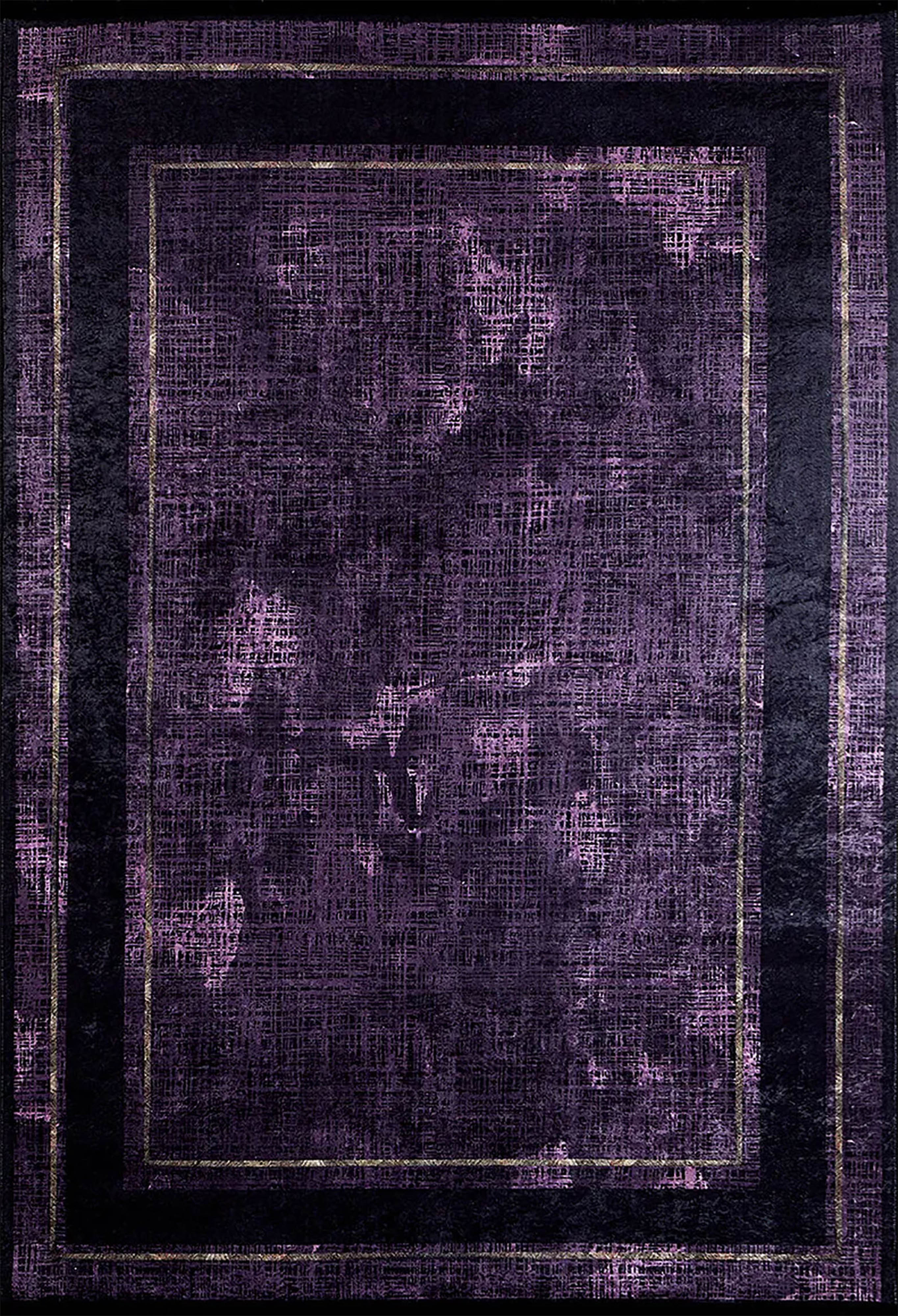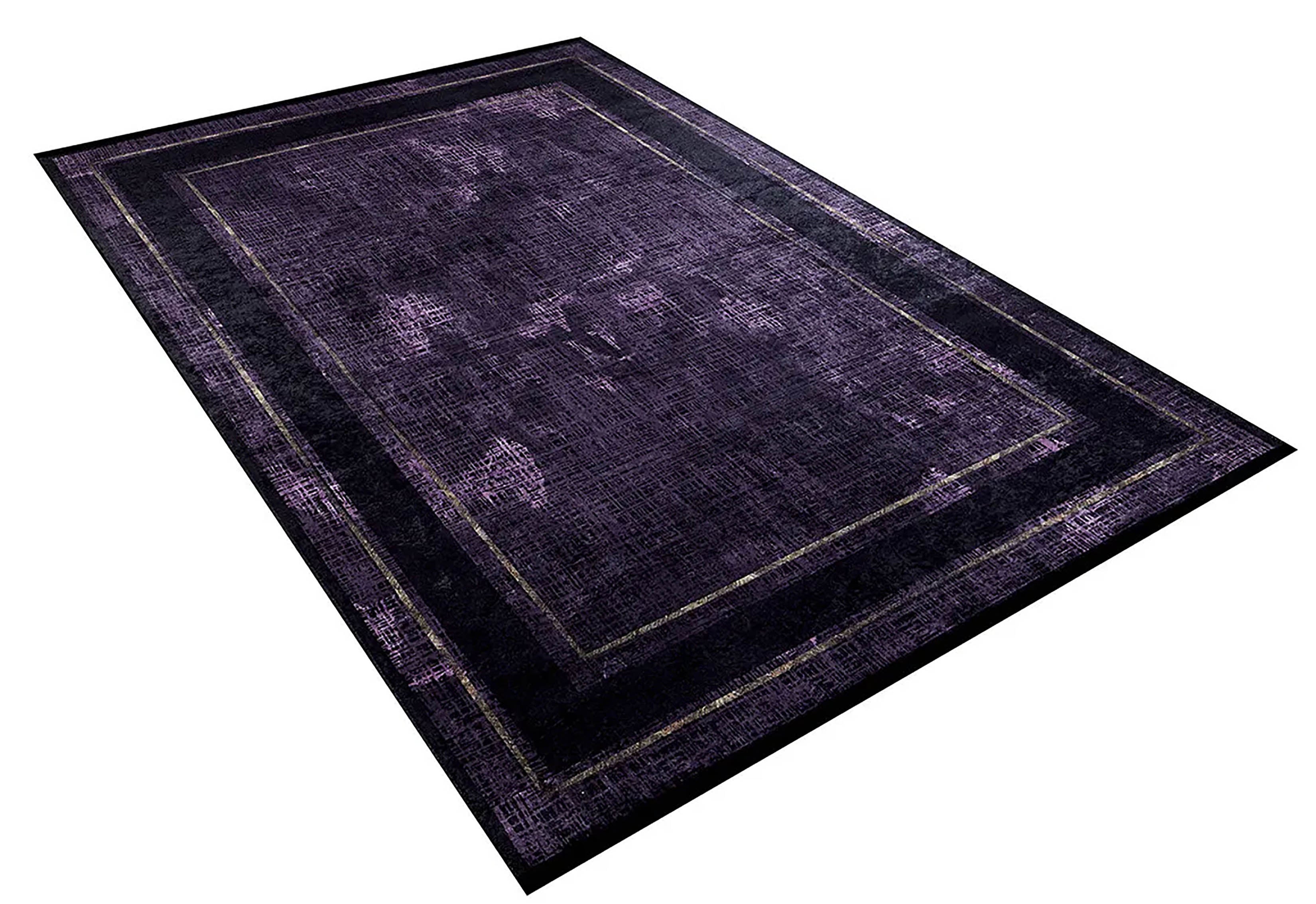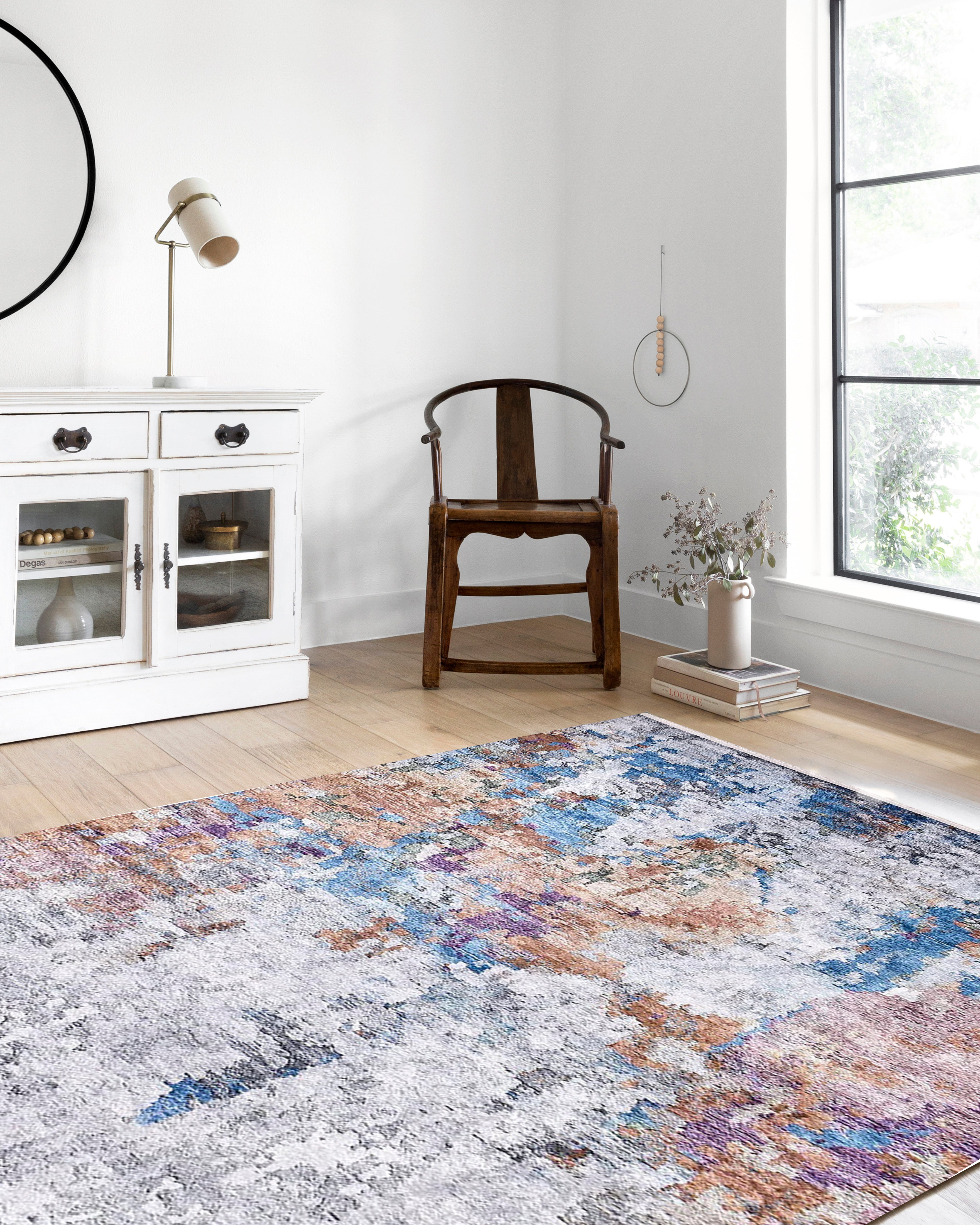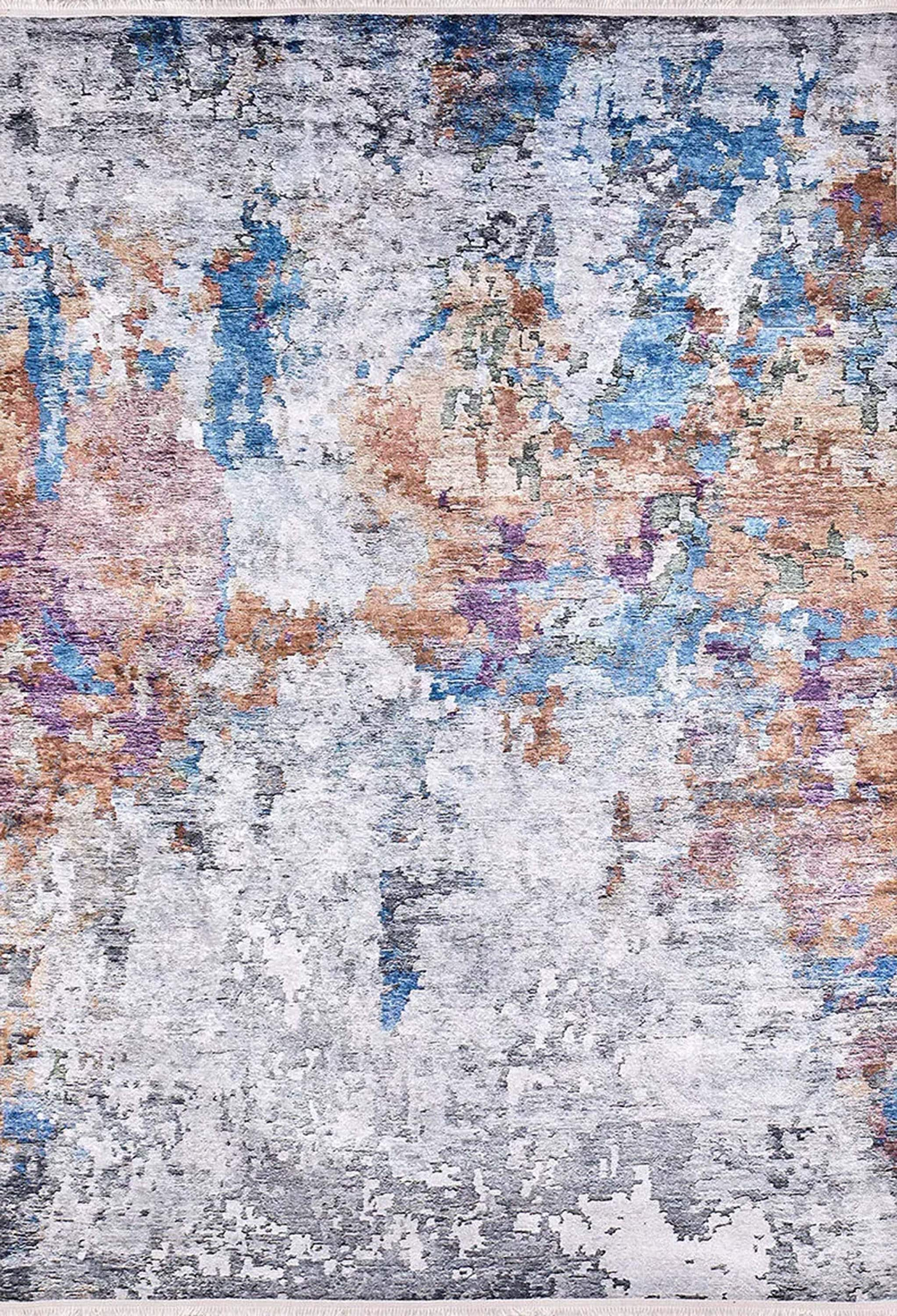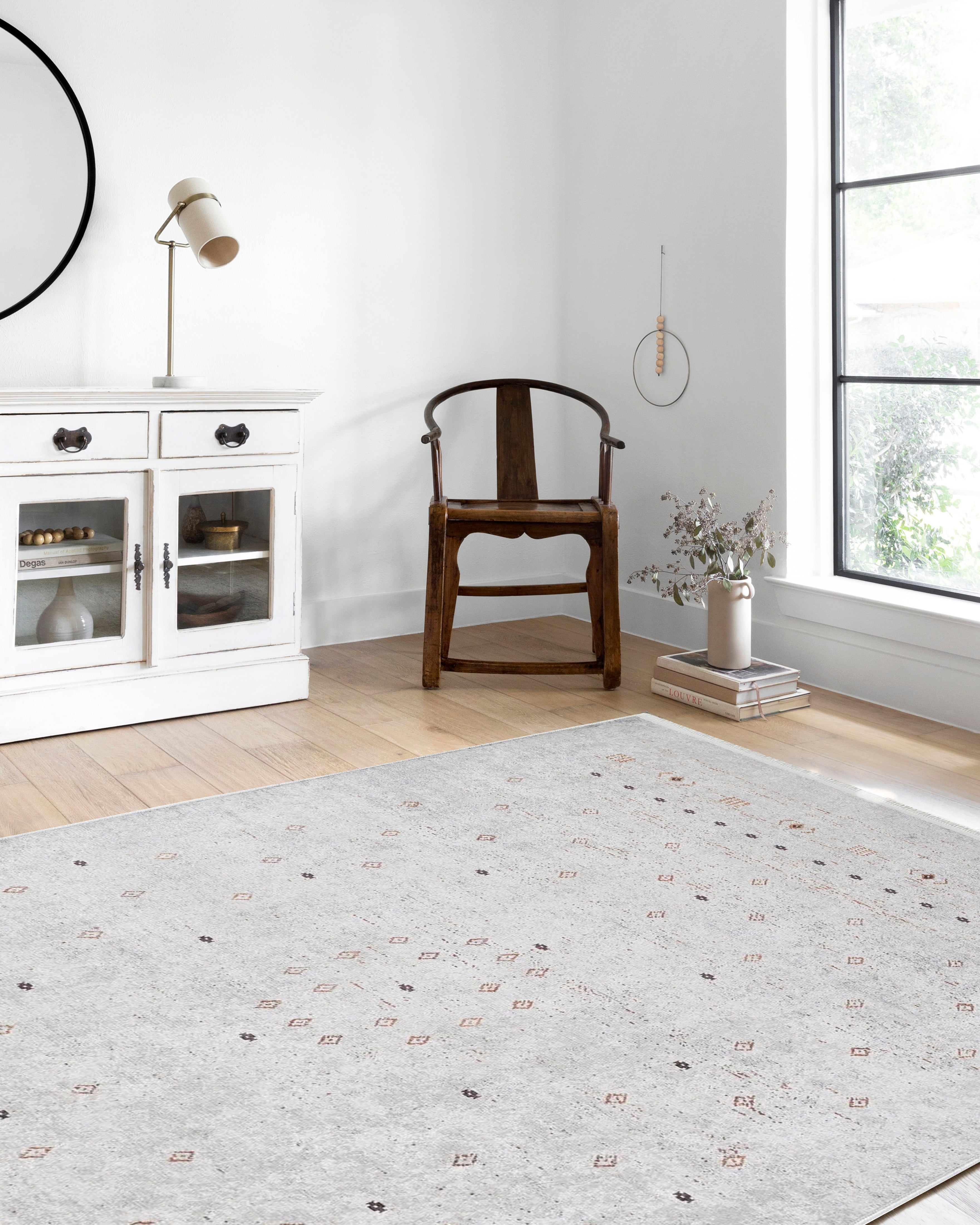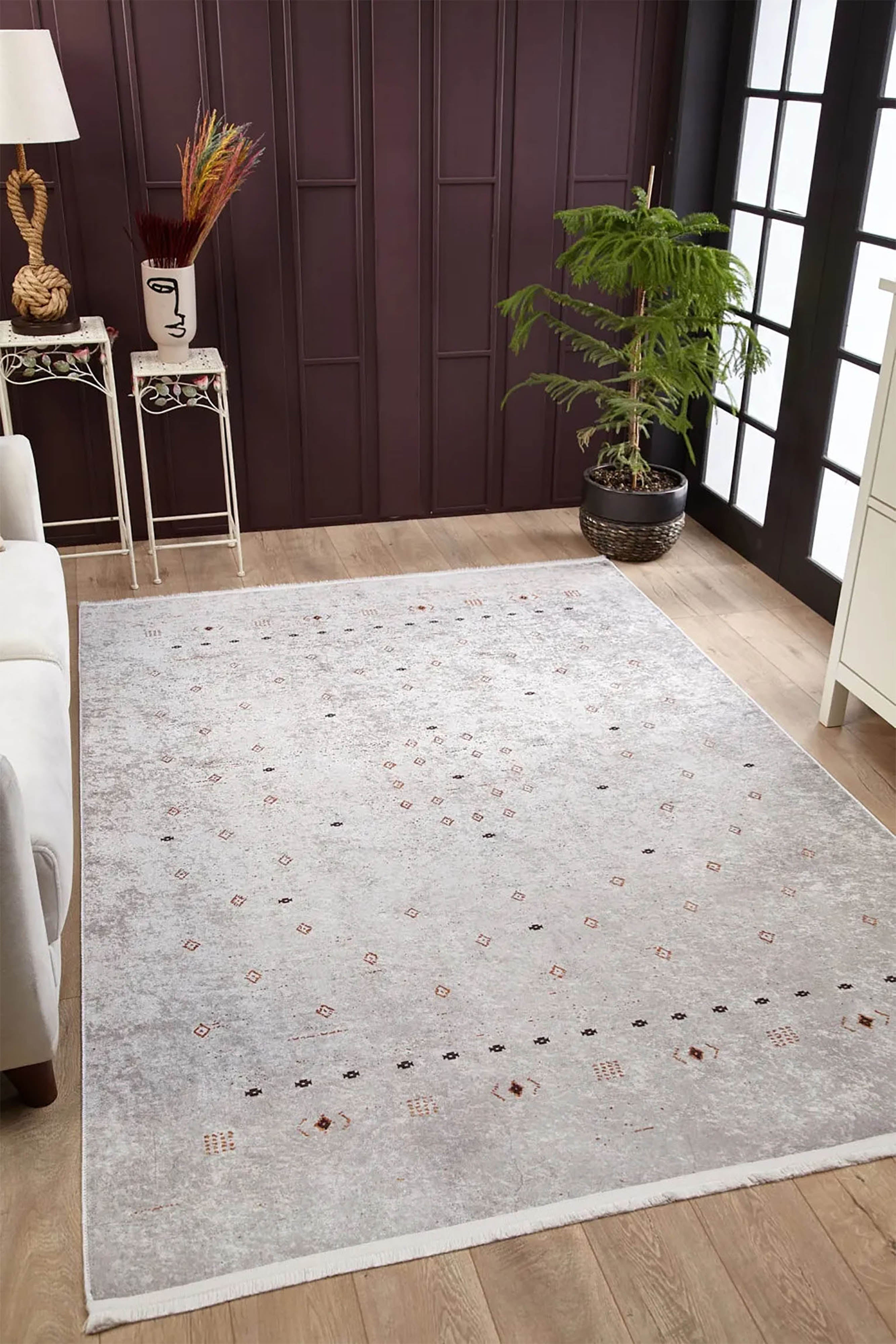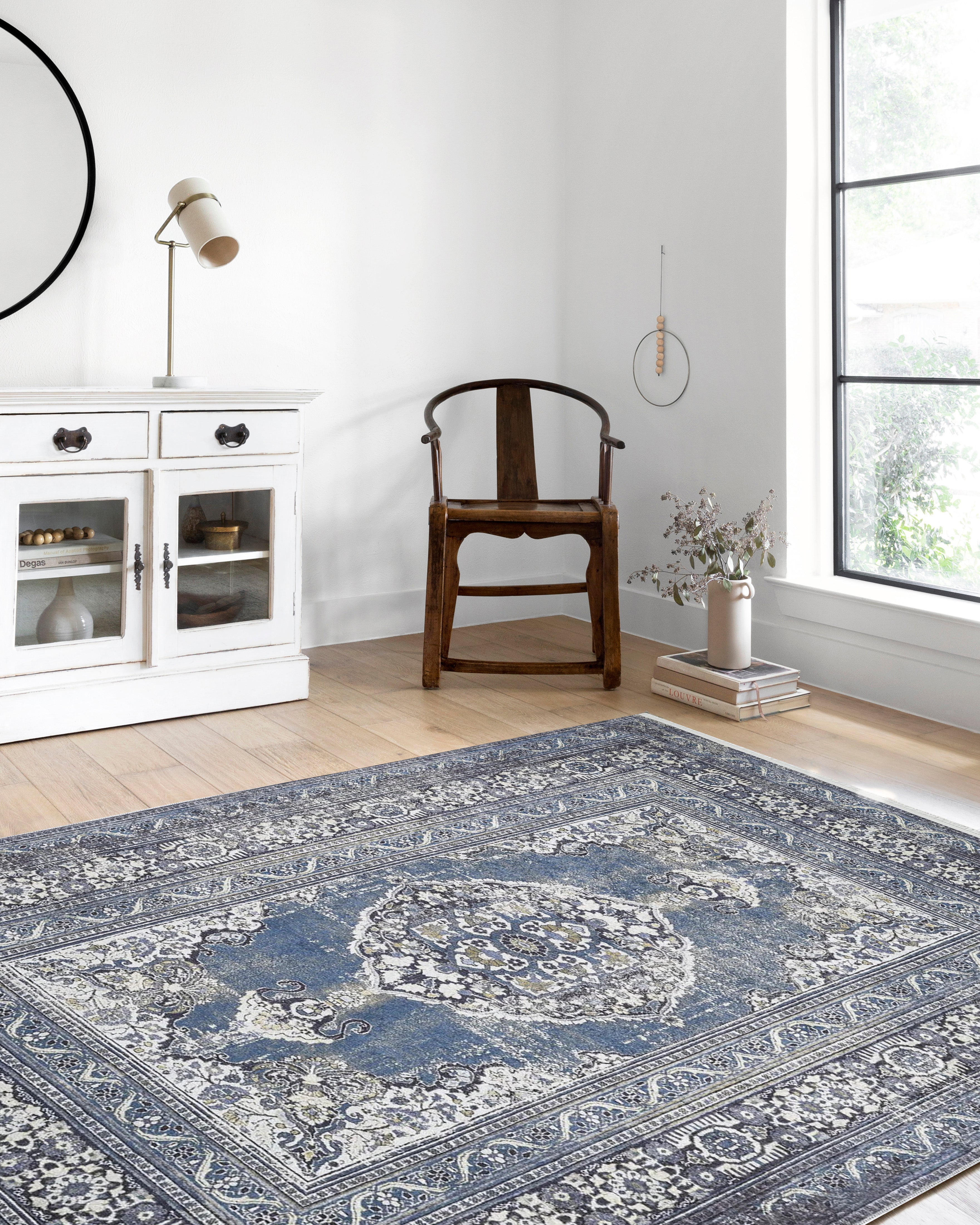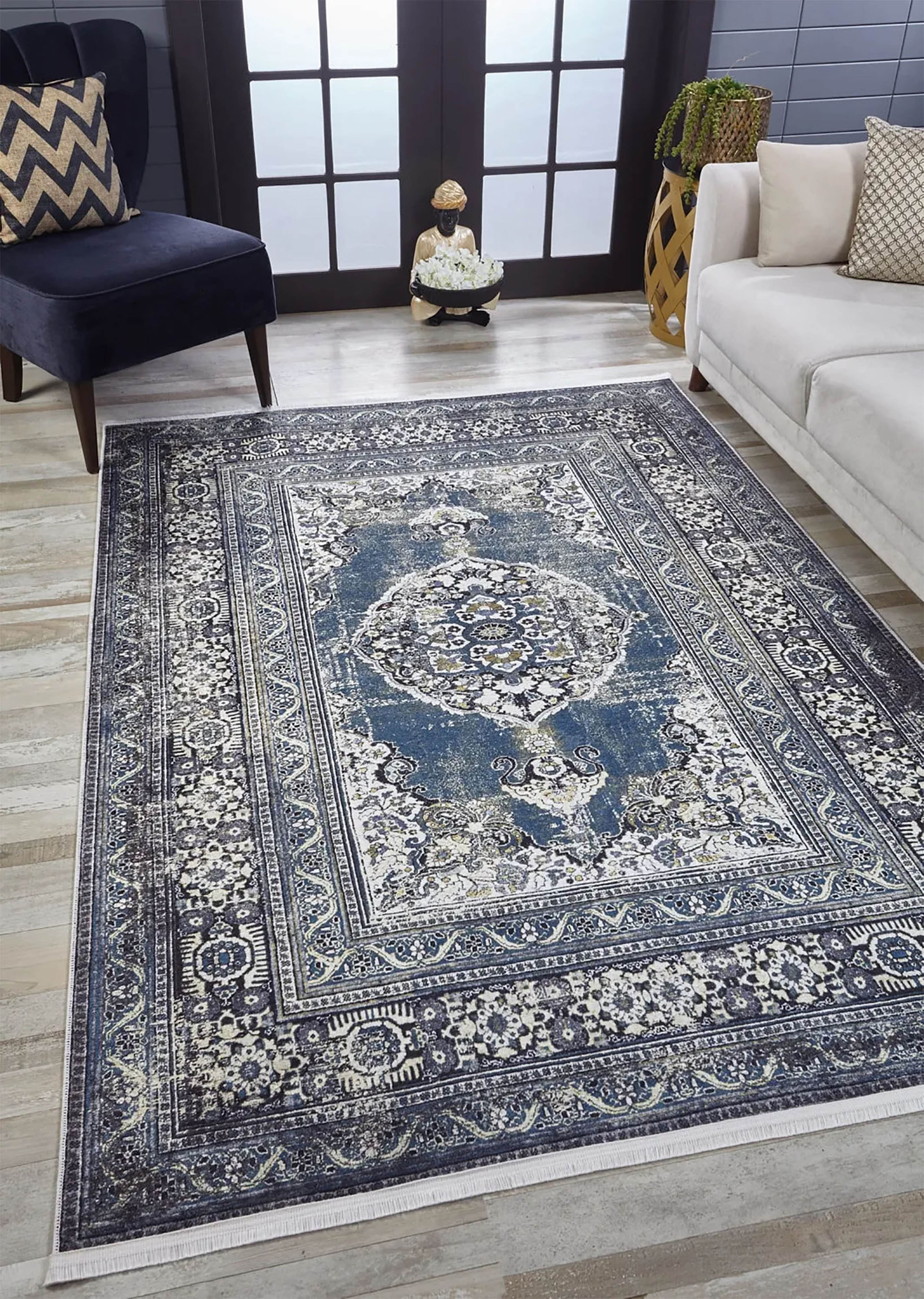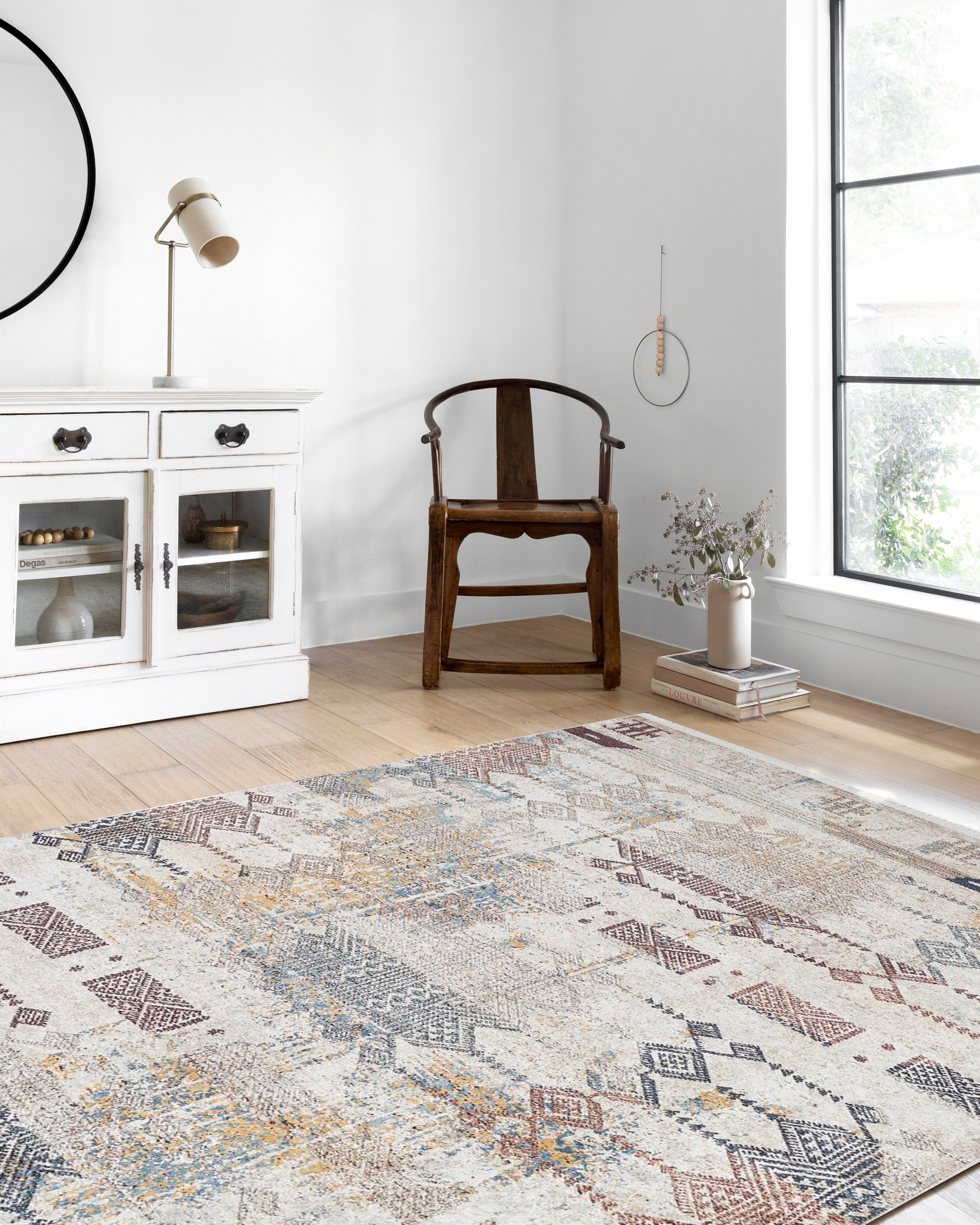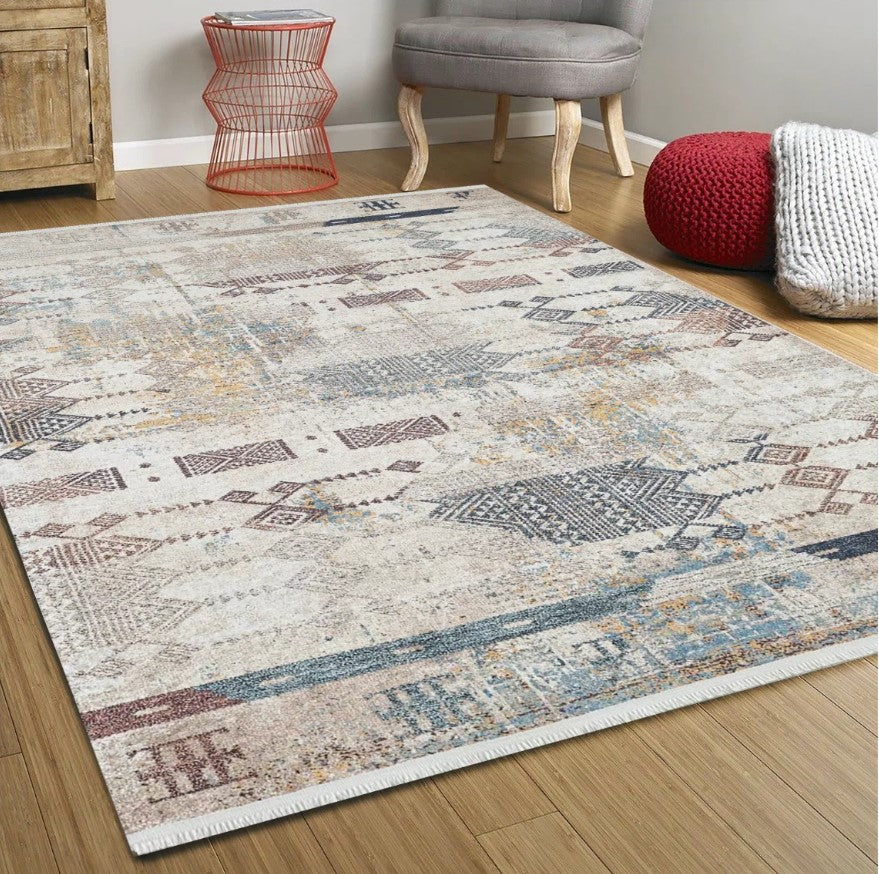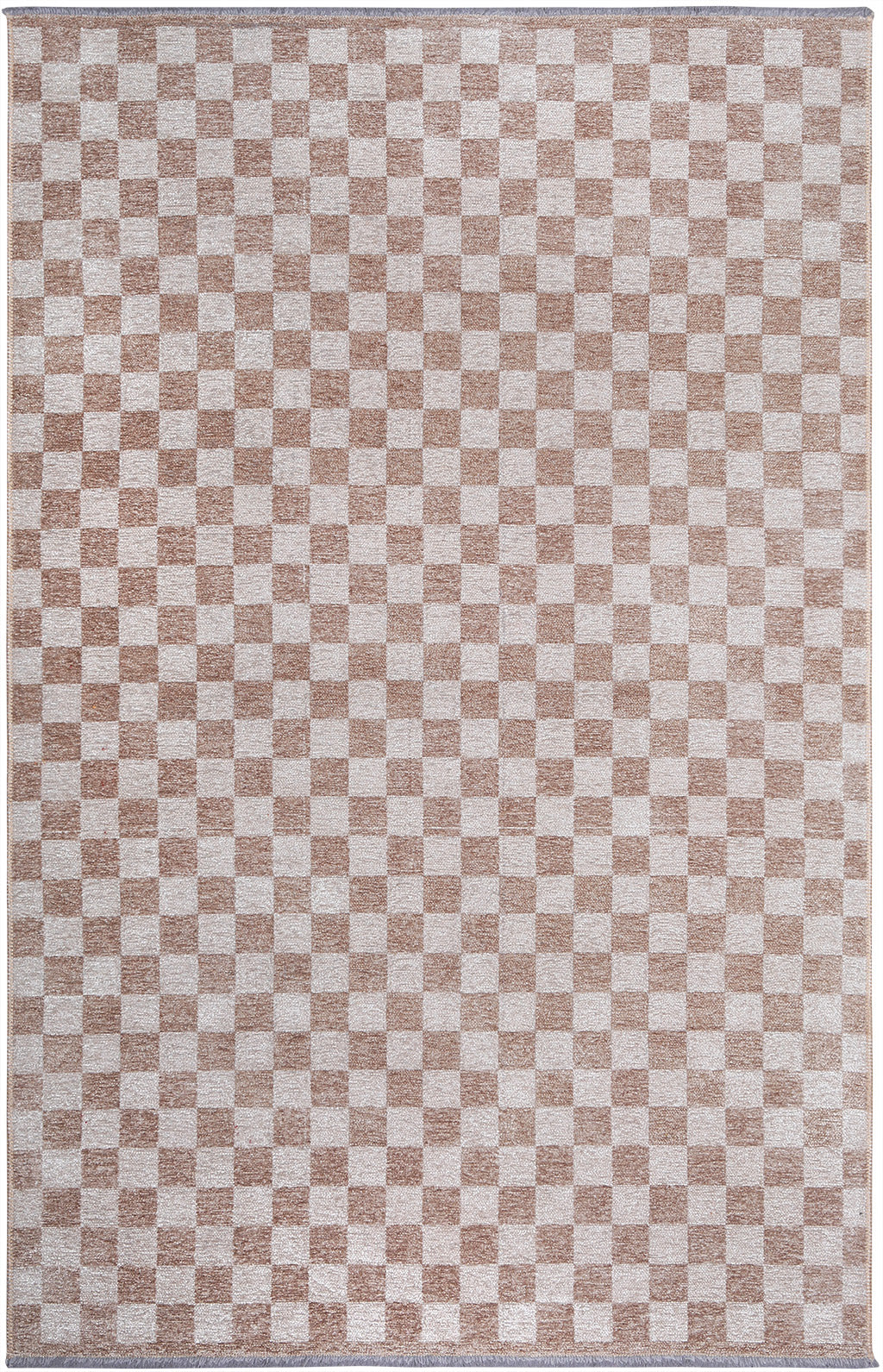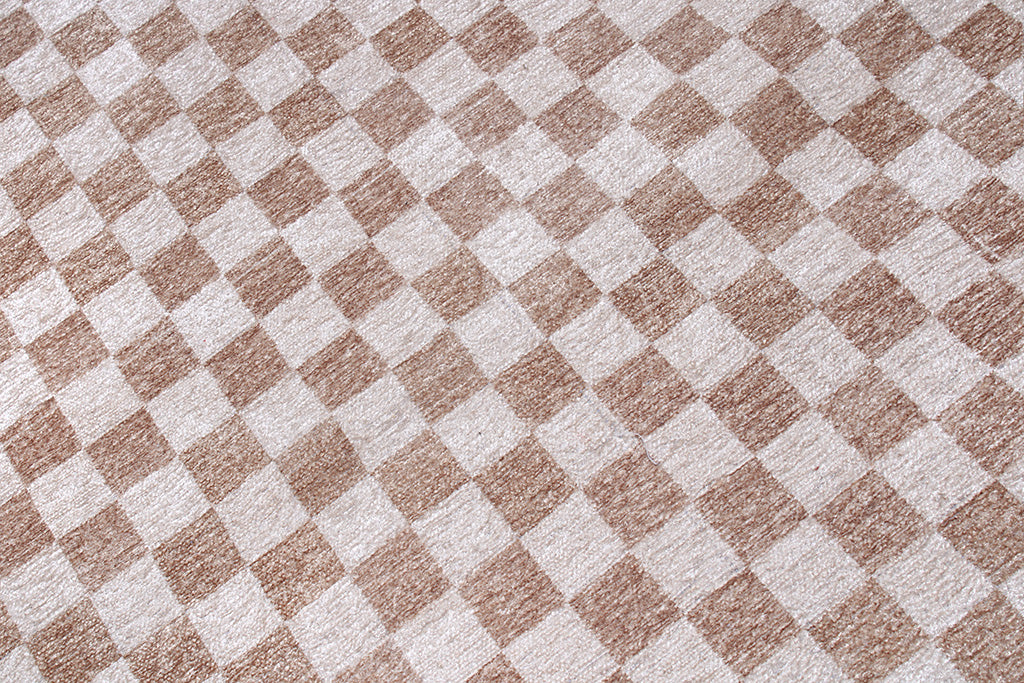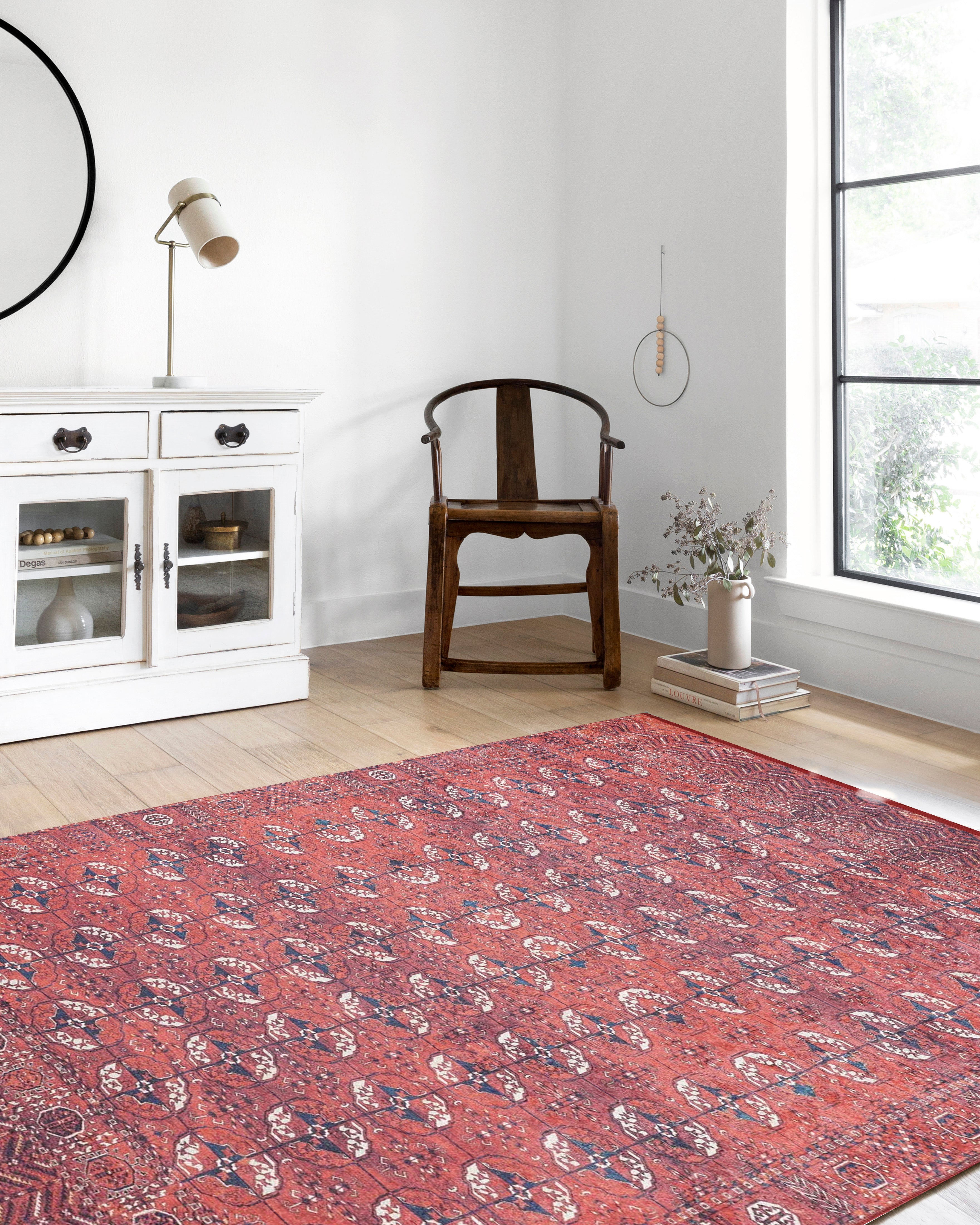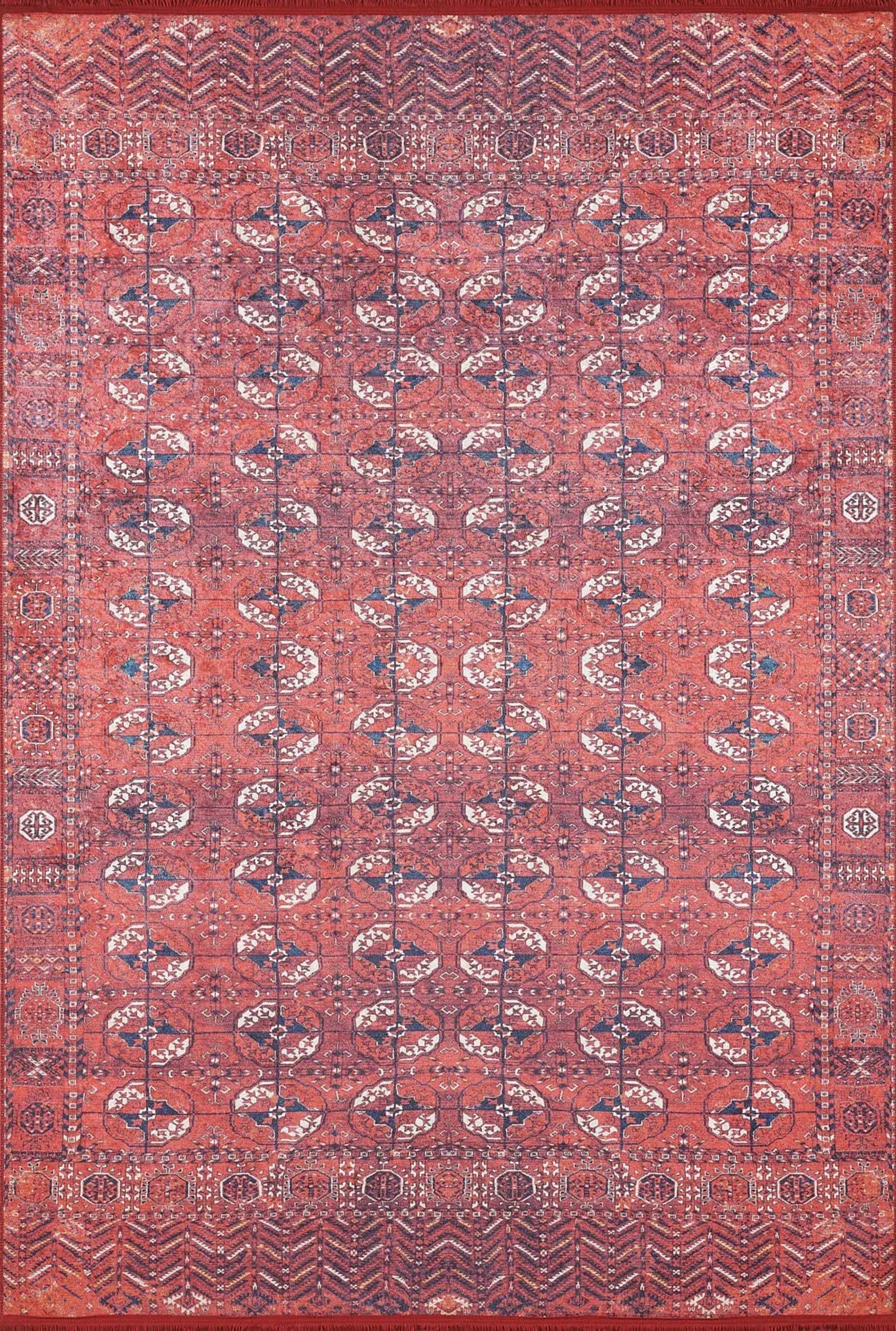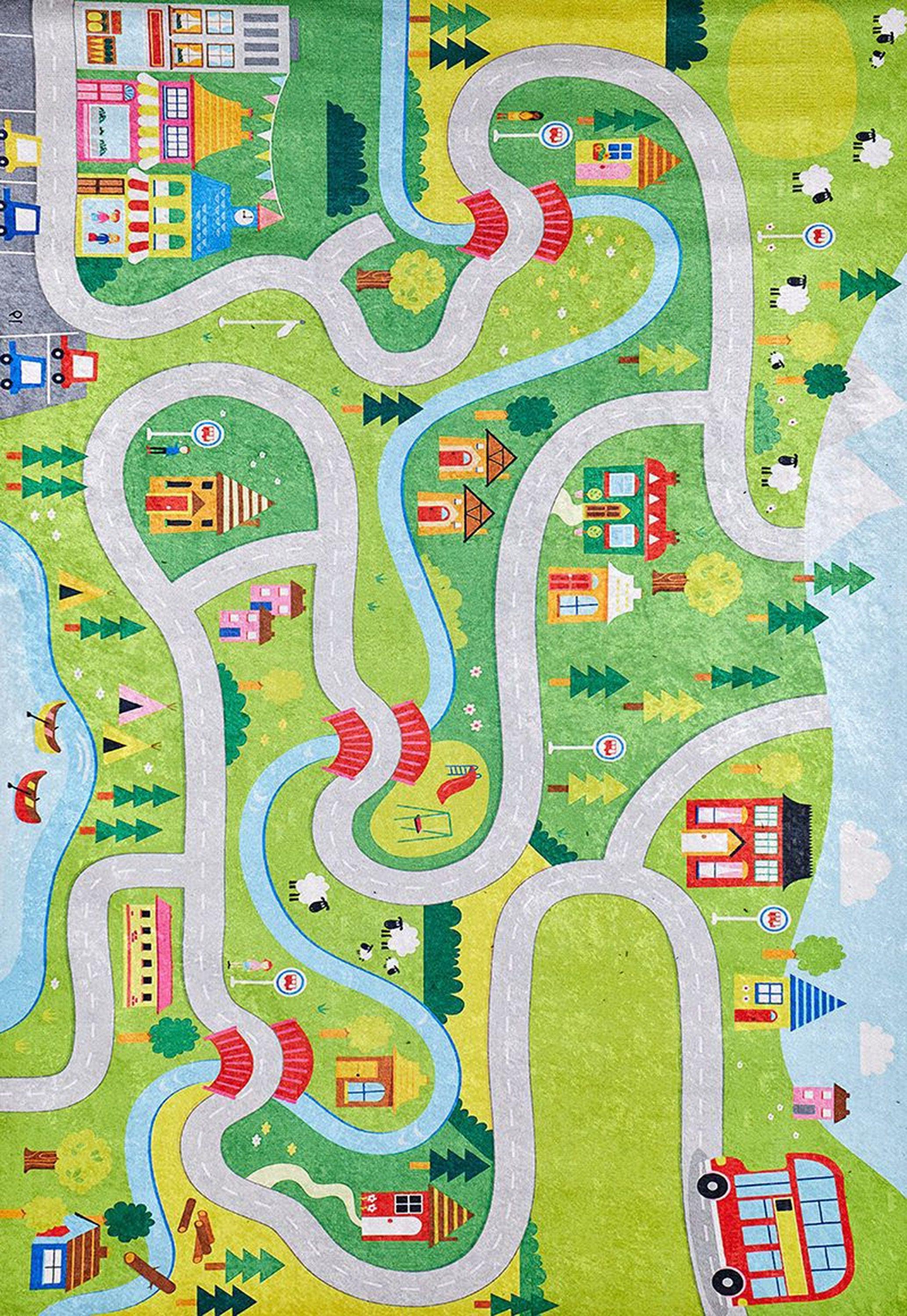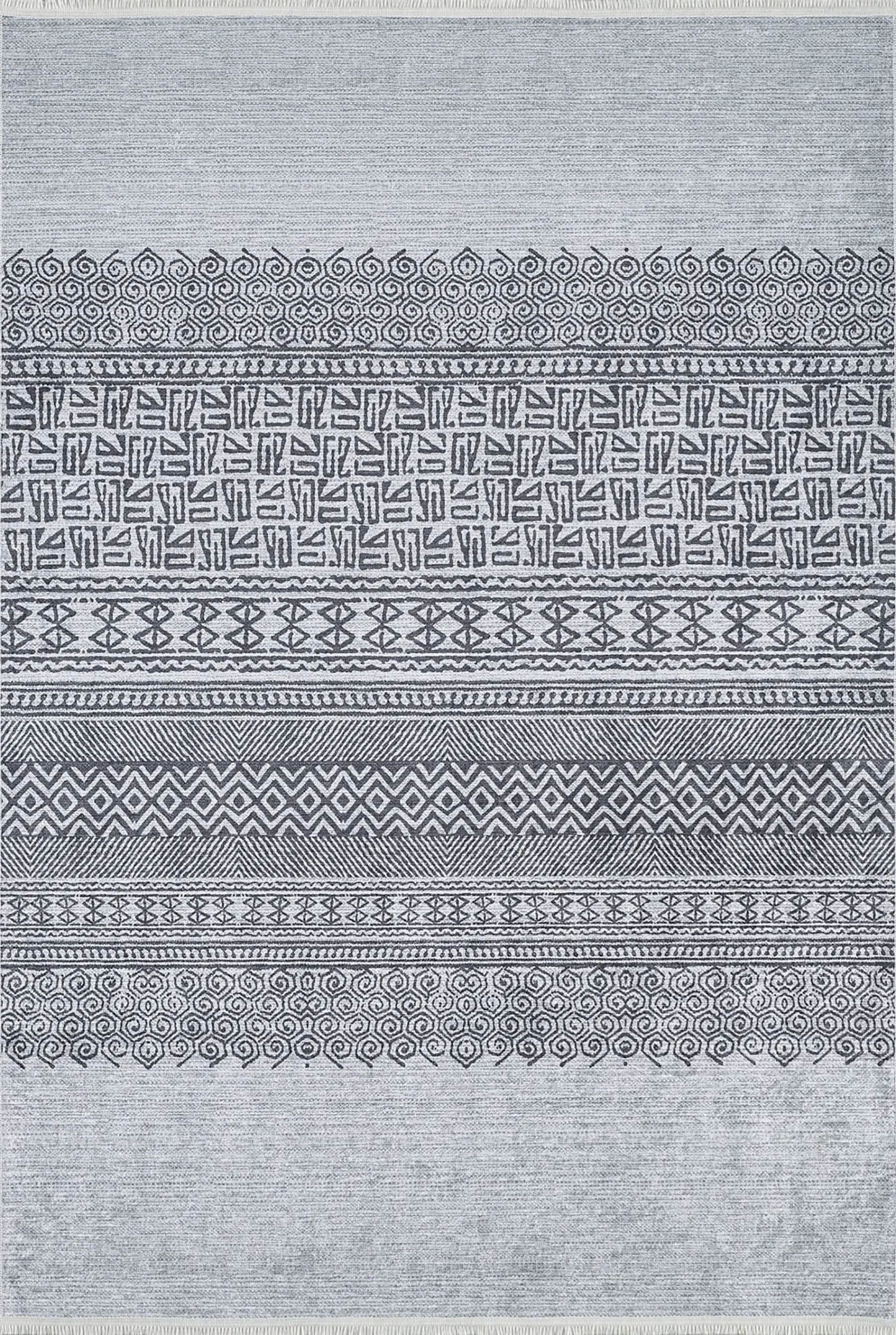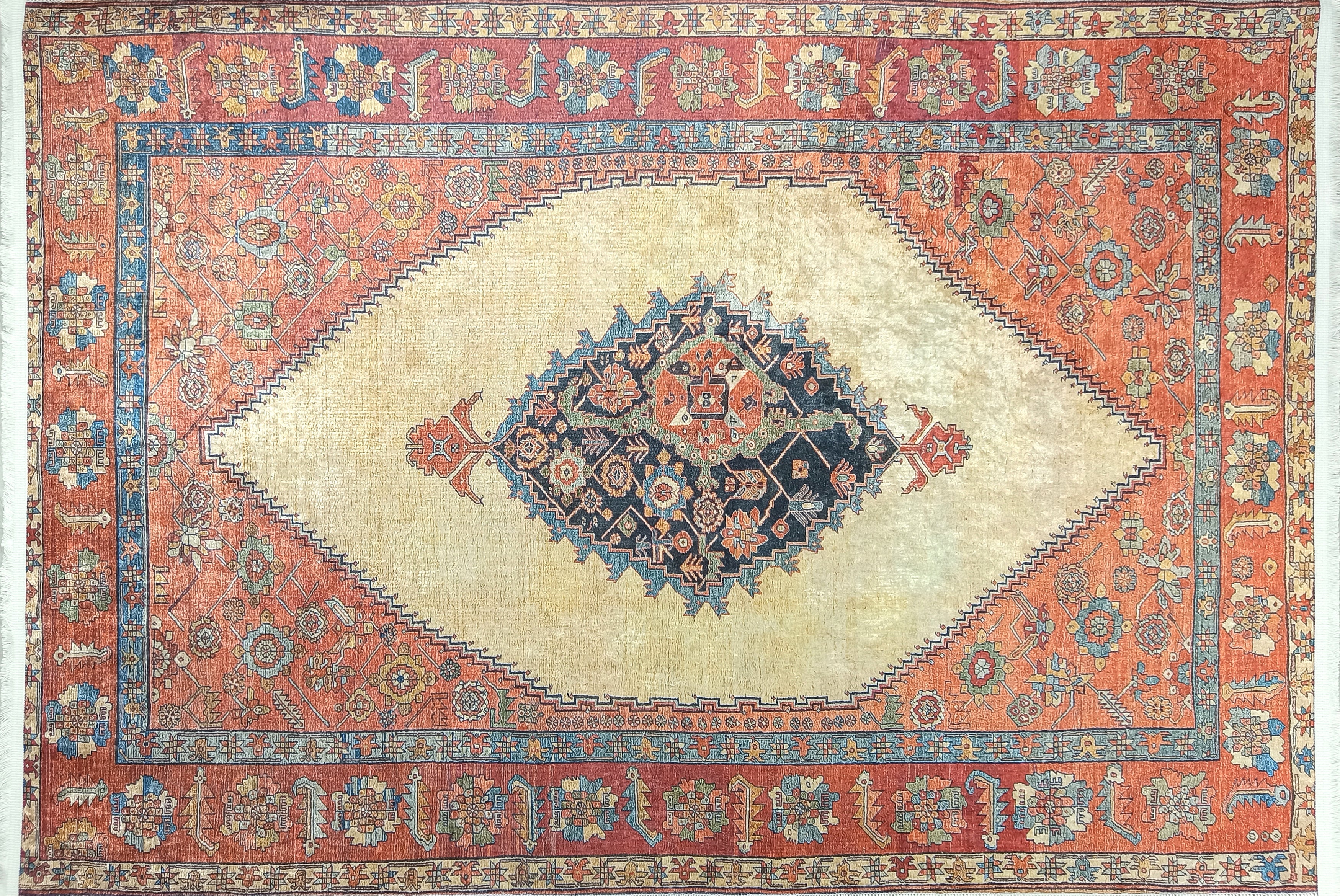Nasal congestion, itchy eyes, constant sneezing... If you're struggling with these symptoms at home, the cause may not just be pollen but also your carpet, which can easily trap allergens like dust, mites, mold, and dander.
In this article, we share with you the most suitable carpet choices and the criteria to consider for individuals with sensitive bodies and those who have allergy problems.
1. What Types of Carpets Cause Allergies?
Carpet types that have a high risk of causing allergies are generally:
Long-pile, fluffy carpets (shaggy)
Wool carpets (even though natural, they can be attractive to dust mites)
Carpets with high pile height
Dust-catching fabrics that cannot be washed frequently
👎 These carpets trap dust and mites; mold formation may also increase in humid environments.
2. What are the Features of Allergy-Friendly Carpet?
The most effective solution to allergy problems is choosing the right carpet. Here are the features you should pay attention to:
Low pile height (5-10 mm): Reduces dust accumulation.
Machine washable : Regular washing removes allergens.
Non-slip base : Since the carpet remains stable, dust accumulation under it is reduced.
OEKO-TEX® certificate : Does not contain harmful chemicals.
3. How Often Should Your Carpet Be Cleaned?
Allergy-causing particles accumulate over time. Therefore, simply choosing the right carpet isn't enough; regular maintenance is also essential.
Cleaning Routine Suggestion:
Vacuum twice a week (HEPA filter vacuum recommended)
1 wash per month (for machine washable carpets)
Change the direction of the carpet every 3–6 months
Use moisture-proof under-carpet pads if necessary.
4. Extra Sensitivity for Babies and Children
Since babies and young children spend most of their time on the floor, carpet selection is even more important.
🌱 Skin-friendly, chemical-free and anti-allergic carpets should be preferred for them.
Pay particular attention to:
OEKO-TEX® certified products
Soft but dust-proof structures
Non-shedding synthetic fibers
5. Natural Protection Against Allergies: Material Selection Is Important
Allergy-friendly carpet materials:
Polypropylene: Dust-proof, lint-proof, economical
Cotton (washable): Natural and breathable
Polyester (soft but low-pile)
Things to Avoid:
Wool (prone to mite formation)
Jute (natural but can trap dust due to its porous structure)





